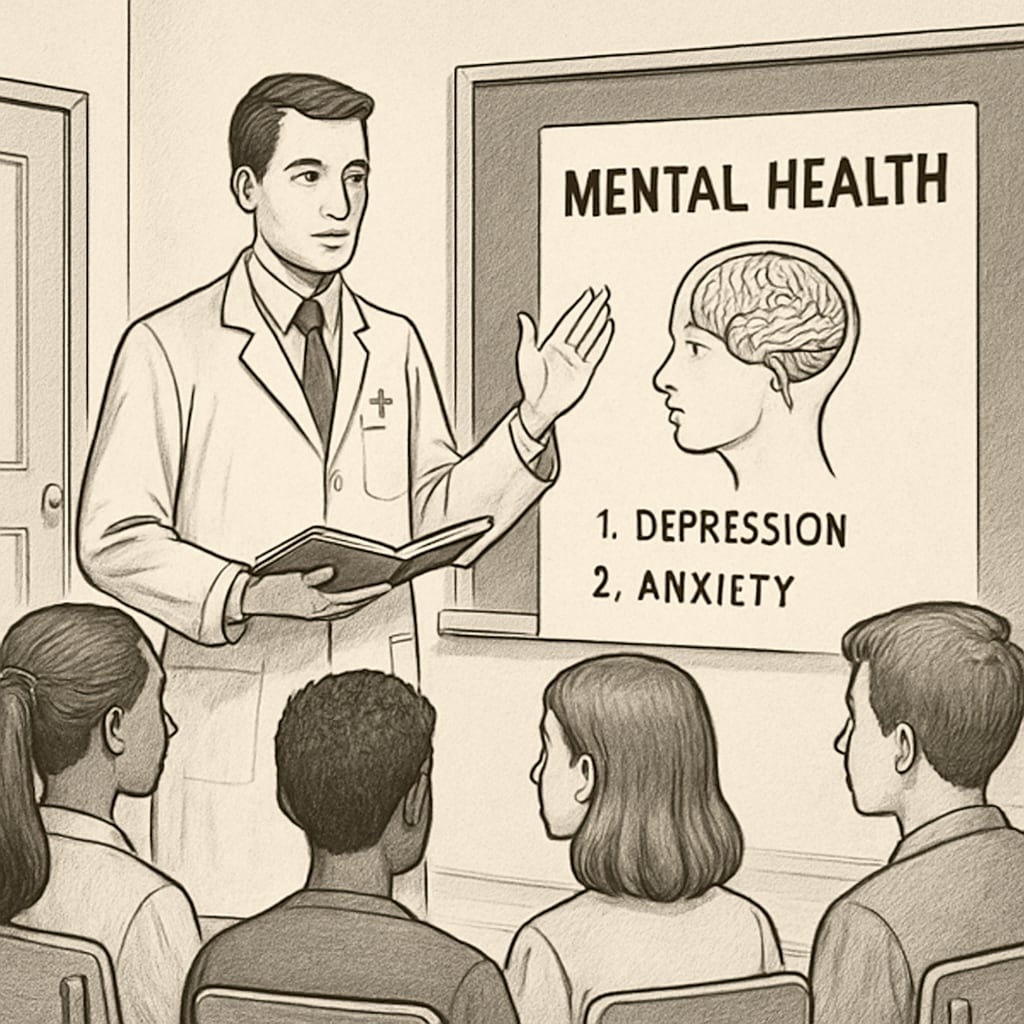High school is a pivotal stage in life, often marked by academic pressures, social challenges, and the search for identity. Addressing mental health during this formative period is crucial, and one effective way to do so is through targeted initiatives like mental health seminars. This article delves into how medical students can organize impactful high school mental health seminars, providing a roadmap from initial outreach to post-event evaluation. By leveraging their expertise, medical students can play a significant role in promoting mental wellness among teenagers.
Connecting with High Schools: Building Collaborative Channels
Establishing a connection with high schools is the first step toward organizing a mental health seminar. Medical students can begin by reaching out to school administrators or counseling departments. Preparing a formal proposal that outlines the seminar’s objectives, duration, and topics can help build credibility and trust. Highlighting the relevance of mental health education in today’s world, particularly for teenagers, can further strengthen the case.
Here are some strategies for effective outreach:
- Leverage university networks: Use contacts within your medical school or alumni associations to connect with schools.
- Partner with local organizations: Collaborate with community mental health initiatives to expand your reach.
- Utilize online platforms: Social media and email campaigns can be effective in engaging schools and their staff.

Designing Content That Resonates with High School Students
Once the connection is established, the next step is to design a seminar that is both engaging and informative. High school students often respond best to interactive and relatable content. Therefore, it’s essential to balance scientific accuracy with a conversational tone. Avoid medical jargon and instead focus on practical tips and relatable scenarios.
Key areas to address in the seminar might include:
- Recognizing signs of stress, anxiety, and depression
- Effective coping mechanisms and mindfulness practices
- The importance of seeking help and reducing stigma
Incorporating multimedia elements such as videos or role-playing exercises can make the session more engaging. Additionally, sharing real-life stories or testimonials can help students feel more connected to the subject matter.
Measuring the Impact: Evaluating Seminar Effectiveness
To ensure the seminar achieves its intended goals, it’s essential to evaluate its impact. This can be done through feedback forms, pre- and post-event surveys, or focus group discussions. Questions can range from how much students learned to how comfortable they now feel discussing mental health topics.
Some indicators of success include:
- Increased knowledge about mental health issues
- Greater willingness to seek help if needed
- Positive feedback from students and school staff
For example, a pre-seminar survey might ask students how familiar they are with concepts like anxiety or depression, while a post-seminar survey could assess their understanding and confidence in managing such issues.

Why Medical Students Are Uniquely Positioned to Lead
Medical students bring a unique combination of expertise and relatability to mental health seminars. Their training equips them with the knowledge to address complex topics, while their proximity in age to high school students often makes them more approachable than older professionals. This dual advantage allows them to bridge the gap between clinical knowledge and practical application, making the seminar both educational and relatable.
Moreover, organizing such events provides medical students with an opportunity to develop their communication and leadership skills. It also allows them to contribute meaningfully to their communities, aligning with the broader goals of medical education.
In conclusion, organizing mental health seminars for high school students is a noble and impactful initiative. By following structured steps—from building connections with schools to designing engaging content and evaluating outcomes—medical students can play a pivotal role in promoting mental wellness among teenagers.
Readability guidance: Use concise paragraphs and lists to summarize key points. Incorporate transition words like “for example,” “in addition,” and “therefore” to improve flow. Ensure that sentences are clear and jargon-free for easy comprehension by non-experts.


